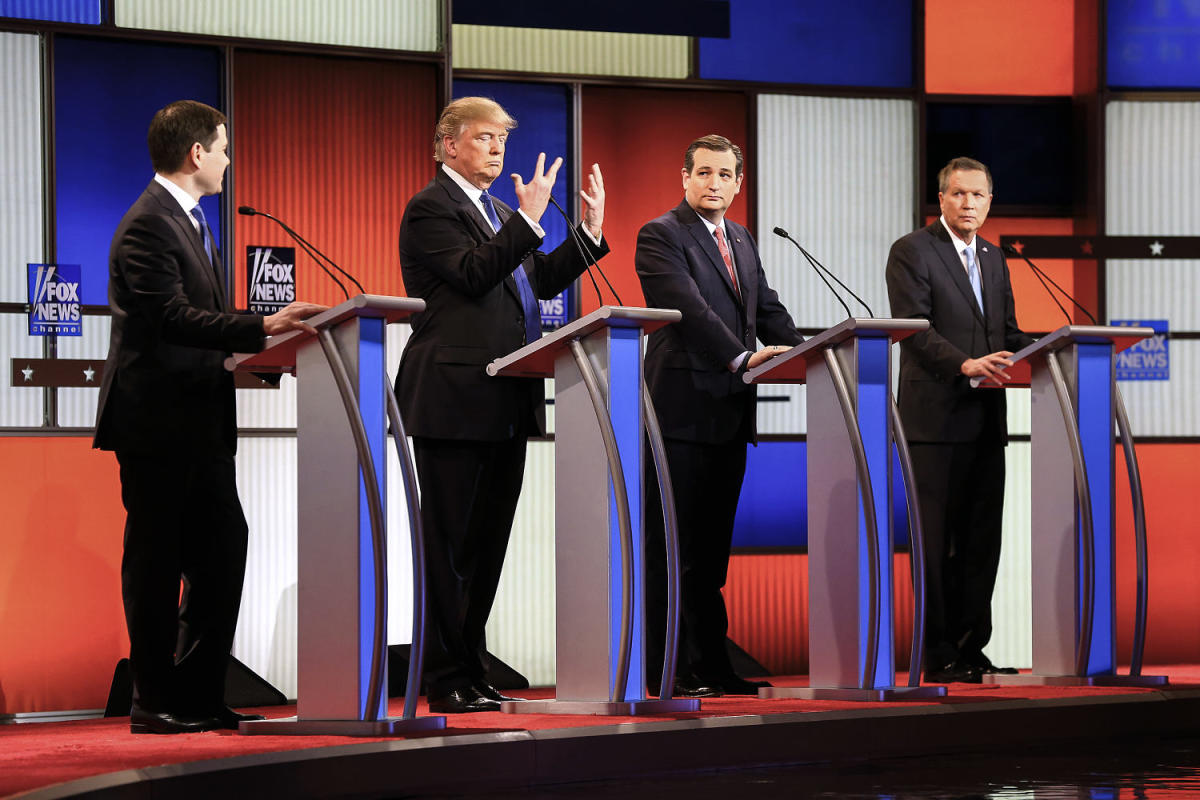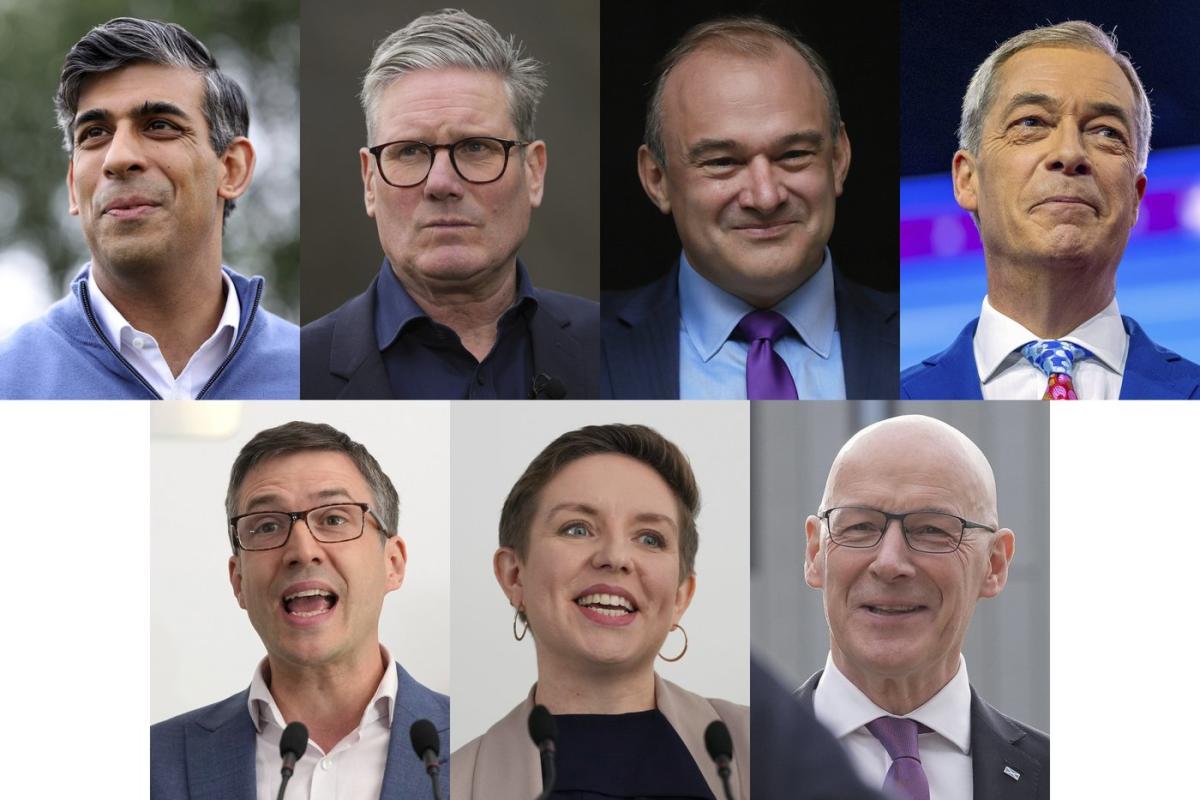WASHINGTON — The Supreme Court on Thursday rejected a California lawyer’s attempt to trademark the phrase “Trump too small,” a reference to a crude joke about former President Donald Trump.
The court ruled unanimously in favor of the U.S. Patent and Trademark Office for its decision to deny Steve Elster’s application. In doing so, the court overturned a ruling by the United States Court of Appeals for the Federal Circuit.
Writing for the court, Judge Clarence Thomas said “history and tradition” suggested that restrictions on people trademarking certain names do not violate the First Amendment to the Constitution.
The law in question “is of a piece with a common law tradition regarding the trademarking of names. We see no reason to disrupt this long-standing tradition that supports limiting the use of someone else’s name in a trademark,” Thomas added.
The phrase “Trump too small” is a reference to a 2016 Republican presidential primary debate featuring Trump and Sen. Marco Rubio, from Florida. Rubio joked about what he said were Trump’s small hands, adding, “And you know what they say about guys with small hands.”
Elster, an employment lawyer and progressive activist, filed an application in 2018 to register “Trump too small” – a double entender meant to insinuate a correspondingly small penis – with the trademark office. The slogan appears on the front of a T-shirt Elster made, with “Trump’s package is too small” written on the back.

Elster said in his application that he wanted to send a message that “some characteristics of President Trump and his policies are small.”
But the trademark office rejected his application on the grounds that members of the public would immediately associate the word “Trump” with the then-president. Under established law, Trump’s written consent would be required, the agency concluded.
Elster argued that his rights to freedom of expression would be violated if he were unable to register a trademark critical of a public figure. The appeals court ruled in his favor, saying his free speech rights under the First Amendment to the Constitution had been violated.
The Biden administration, which represented the trademark office, then appealed to the Supreme Court.
The Supreme Court agreed that there was no violation of freedom of expression. The nine justices all agreed on the outcome, although they differed slightly on the rationale, with three justices writing separate opinions.
The case is the latest of several the Supreme Court has recently heard involving the right to free speech in the context of trademarks.
In 2017, the court lifted a ban on trademarks containing disparaging language, awarding victory to an Asian-American rock band called The Slants. Two years later, the court lifted a trademark ban based on immoral or scandalous words, ruling in favor of the clothing brand FUCT.
This article was originally published on NBCNews.com







